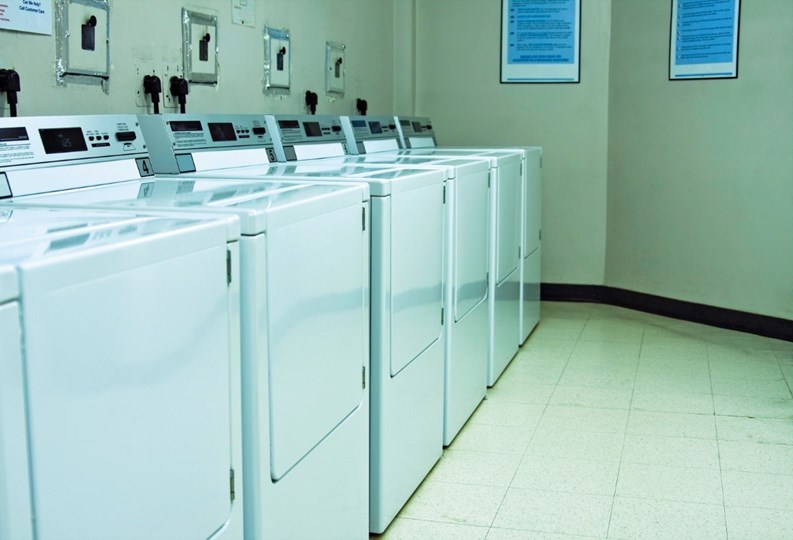Although there seems to be no shortage of talking heads touting the beginning of the end of the economic decline, associations (like the average consumer) are still struggling to do more with less.
It just so happens that service providers, like the mall retailers, are now advertising some bargain-basement prices. Unfortunately, because of the use of unfavorable contract terms, such as “evergreen clauses,” many associations will not be able to cash in on the savings being offered.
There is nothing more frustrating than being “locked in” to a contract, and not having the freedom to take advantage of a good deal from another service provider. I know you have heard this before, and it is sometimes harder to implement than lecture about, but a careful read of any contract before signing could pay off big in the future.
Board members are typically very astute regarding negotiating the price and services that will be offered, but the fine print toward the end of the contract is often overlooked. And if there is one contract term that all associations should watch out for it is the dreaded, but often used and concealed, “evergreen clause.”
An evergreen clause is a clause that allows a contract to self-renew unless either party notifies the other of an intention that the contract NOT renew. The language used is invariably a bit tricky as well. A typical clause used in many service contracts, especially contracts for laundry service, looks something like this:
This contract will automatically be renewed at the end of the five (5) year term for an additional five (5) year term unless terminated by either party by giving written notice to the other party at least ninety (90) days, but not more than one hundred twenty (120) days prior to the end of the then current five (5) year term.
So, mark your calendar, four years and nine months from signing someone is going to have to remember to cancel the contract. Unfortunately, in that time there will likely be many changes to the board, and possibly even a new manager at the helm. Thus lies the problem; no one is goingto remember that a given contract is going to automatically renew in five years. In fact, a copy of the contract may not even be around.
Avoid Long Contracts in General
For this reason, even if a contract does not contain a self-renewal clause, associations should avoid signing contracts for excessively long periods of time.
Five years is a long time to contract for garbage disposal. This is especially true as garbage service providers and companies offering similar services do not typically invest in any special equipment at the property to provide their service. Laundry providers do typically supply machines and related equipment to the property, so there is more of a justification for those providers to use contracts containing longer terms.
To avoid the “evergreen” dilemma the best defense is still a good offense– strike the clause. Insist that the contract not self-renew, and ensure that the contract has a termination provision which affords the association a way out if service goes south. A clause that allows either party to terminate the contract with 30 to 90 days notice, for any reason, offers the most flexibility for associations.
There is no reason that associations should be forced to take the risk of an unfavorable contract automati-cally renewing by accident. There is simply too much at stake and such clauses offer little, if any benefit to associations.
If the service provider wants to extend the contract, that can be done with a simple request to the association to sign an extension agreement. The burden of renewing the contract should be on the provider, not the association, which is ultimatelyjust the customer in the transaction.
If you cannot remove the clause entirely, make the renewal contingent on the provider giving written notice of the renewal date with ample time for the association to opt out.
Don’t get stuck in contract purgatory – review all contracts (even the fine print) before signing, strike any self-renewing provision, and avoid excessively long terms whenever possible.
Mark S. Einhorn, Esq., is an attorney with Marcus, Errico, Emmer & Brooks, P.C., in Braintree, Massachusetts.







Leave a Comment